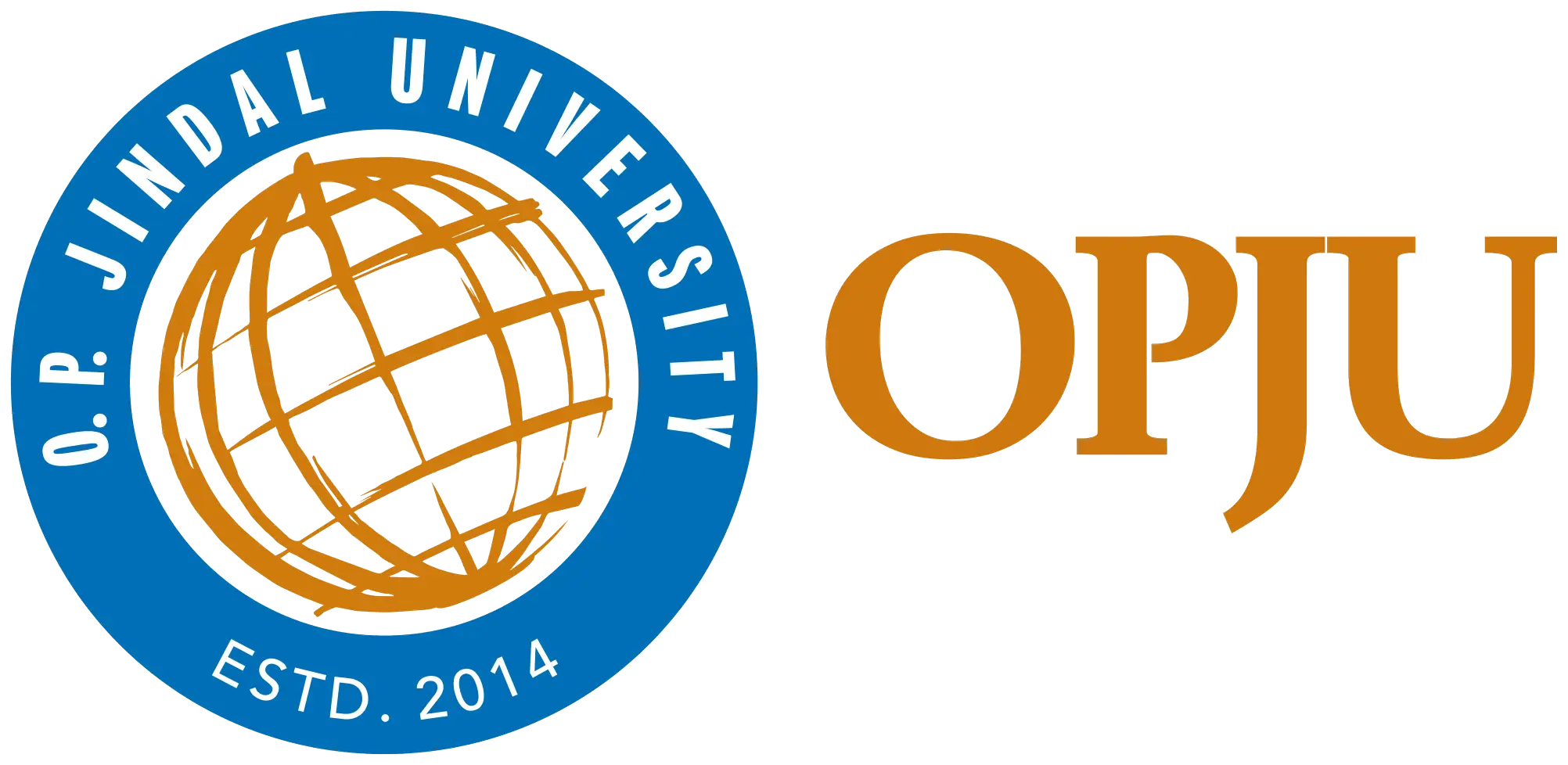PO1: Disciplinary knowledge
Attain profound knowledge in Discipline with advanced concepts in science & technology to design the methodology suitable to the problem encountered and ability to apply the knowledge to solve real-life problems.
PO2: Research Skills
Attain Research Skills to analyze problems, formulate a hypothesis, evaluate, and validate results with the help of advanced tools and technology, and draw a logical conclusion.
PO3: Communication
Able to present scientific and technical information with clarity, conciseness, and correct manner in both oral and written presentation.
PO4: Leadership Skills
Able to demonstrate leadership and work collaboratively as a part of a team in multidisciplinary settings.
PO5: Ethics
Attain the relevant knowledge and skills to identify unethical behaviour and truthful actions in all aspects and demonstrate standard professional ethics in the discipline concerned.
PO6: Lifelong Learning
Ability to seek new knowledge and skills and inculcate the habit of self-learning throughout life and adapting to contemporary demands of workplace.




-thumb-thumb.jpg)